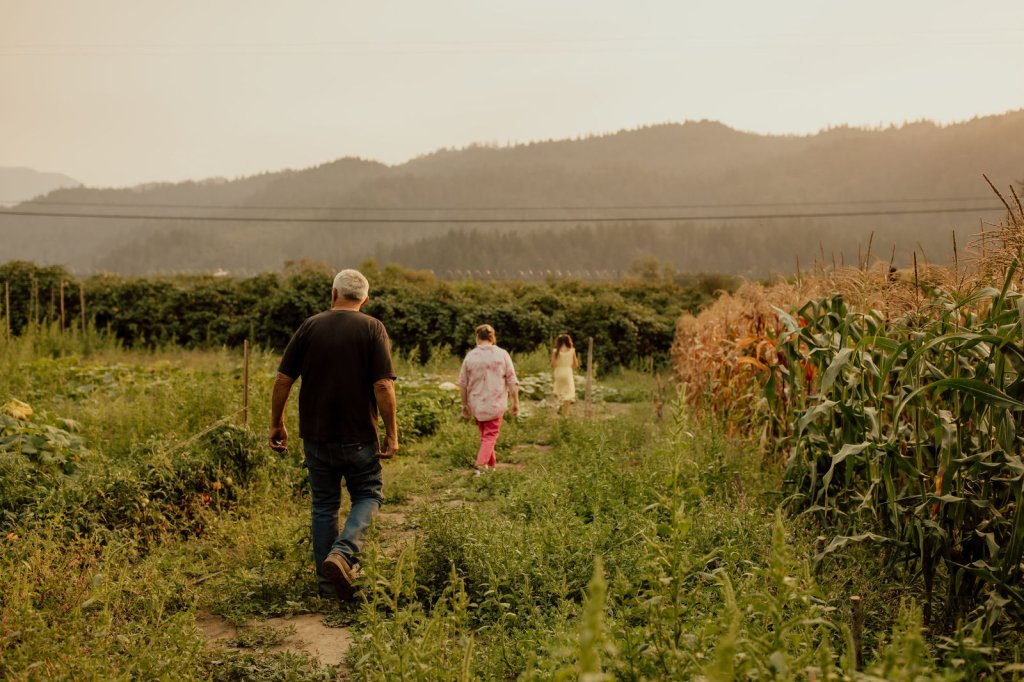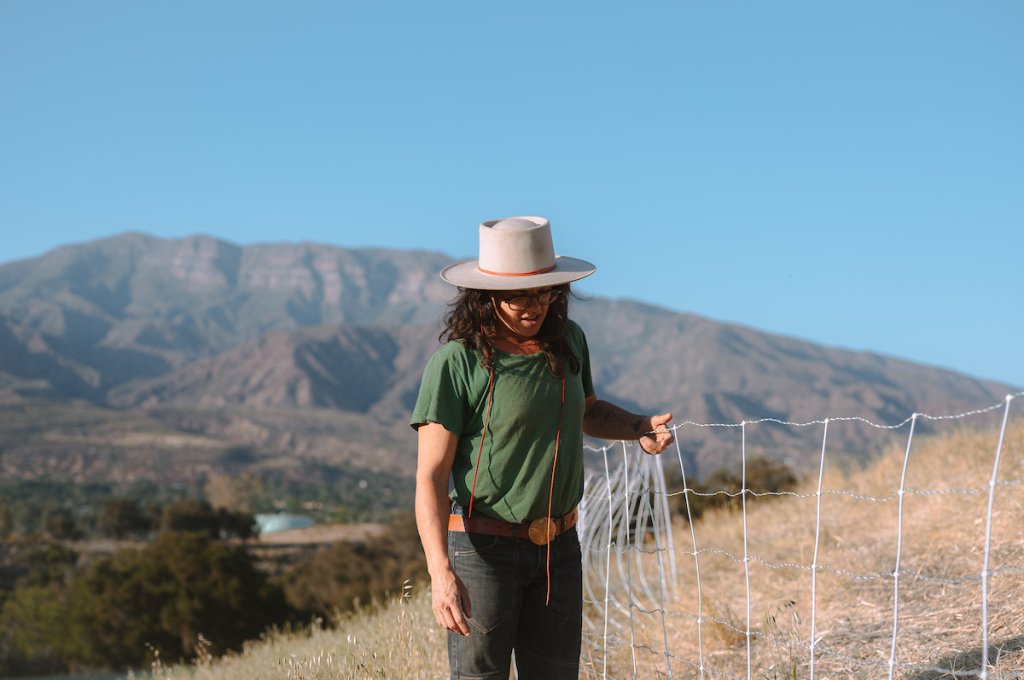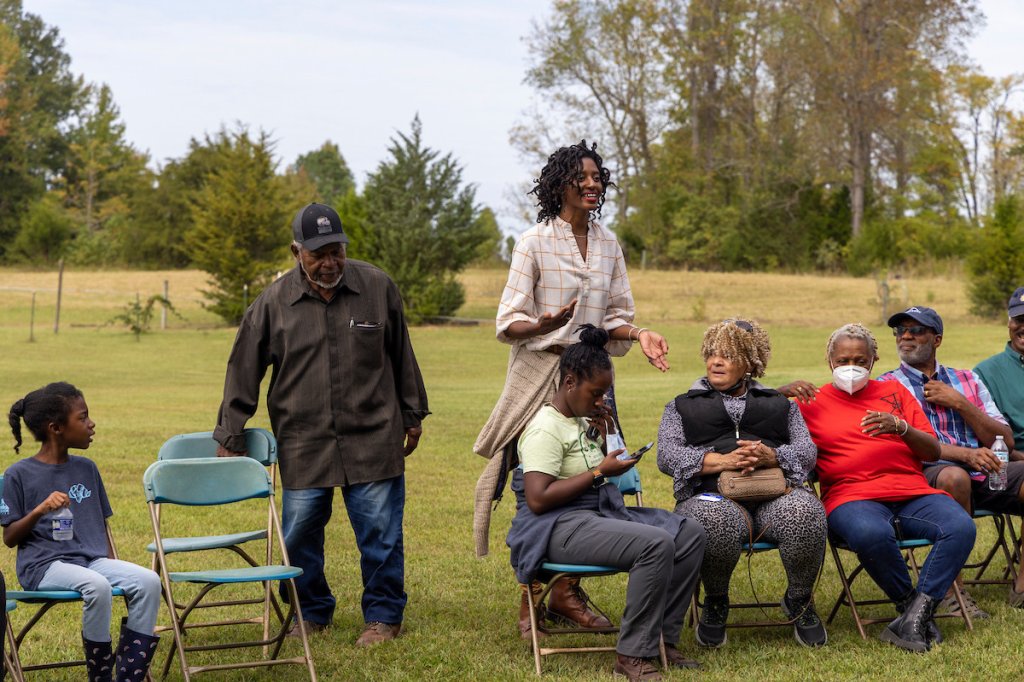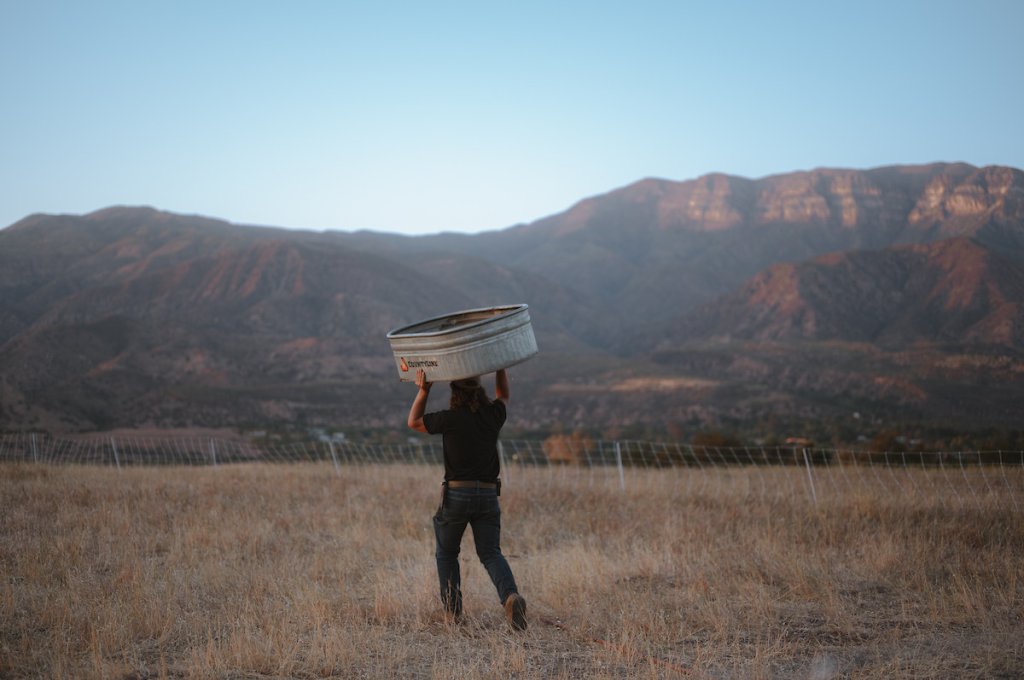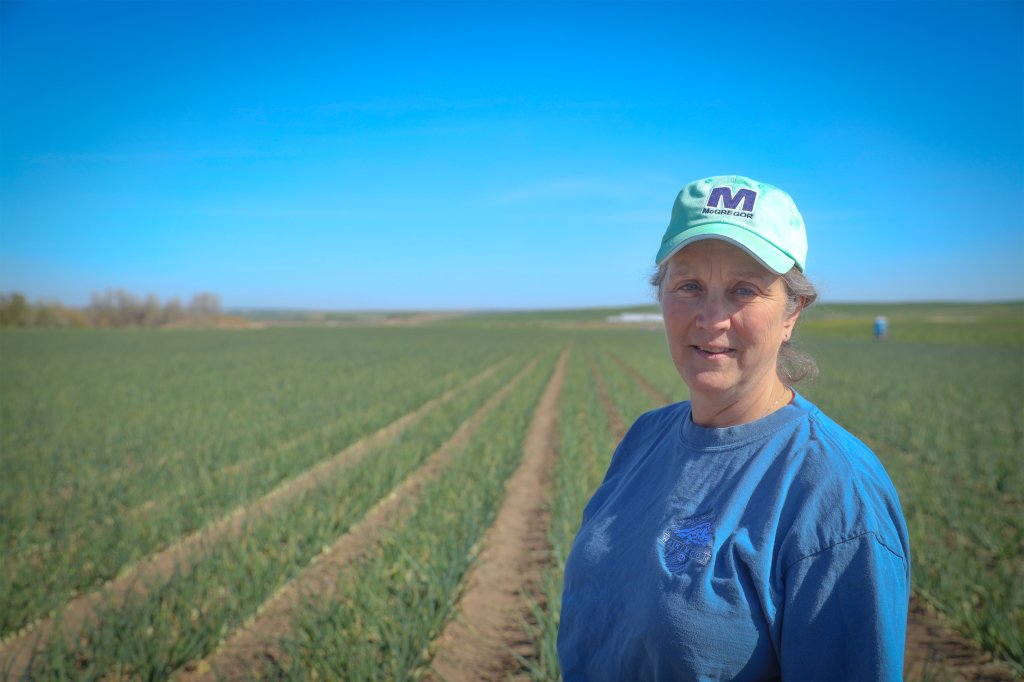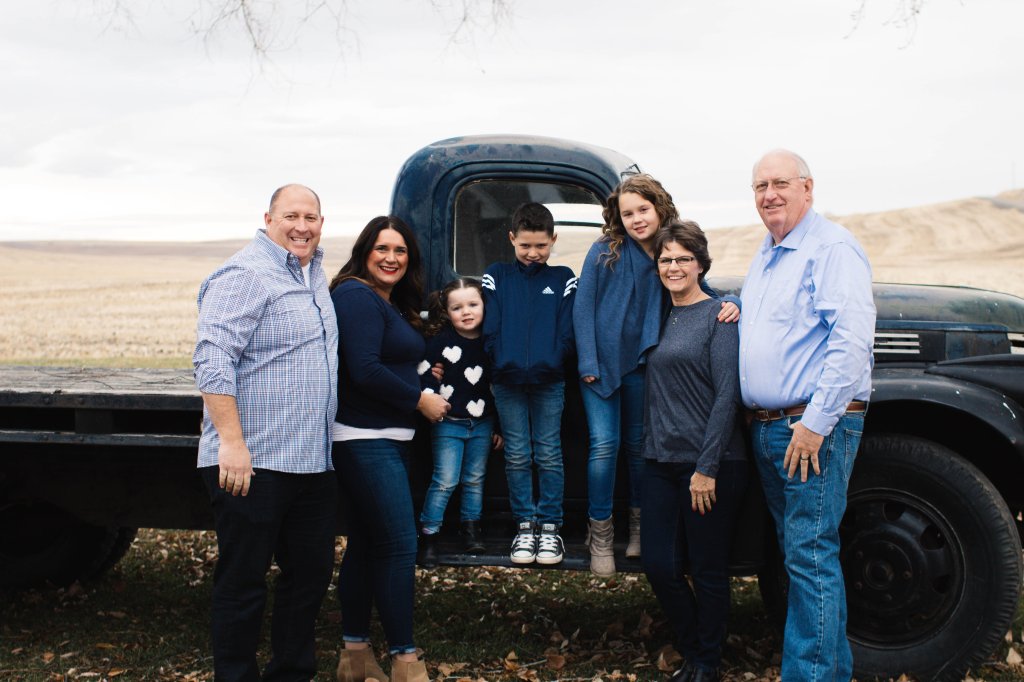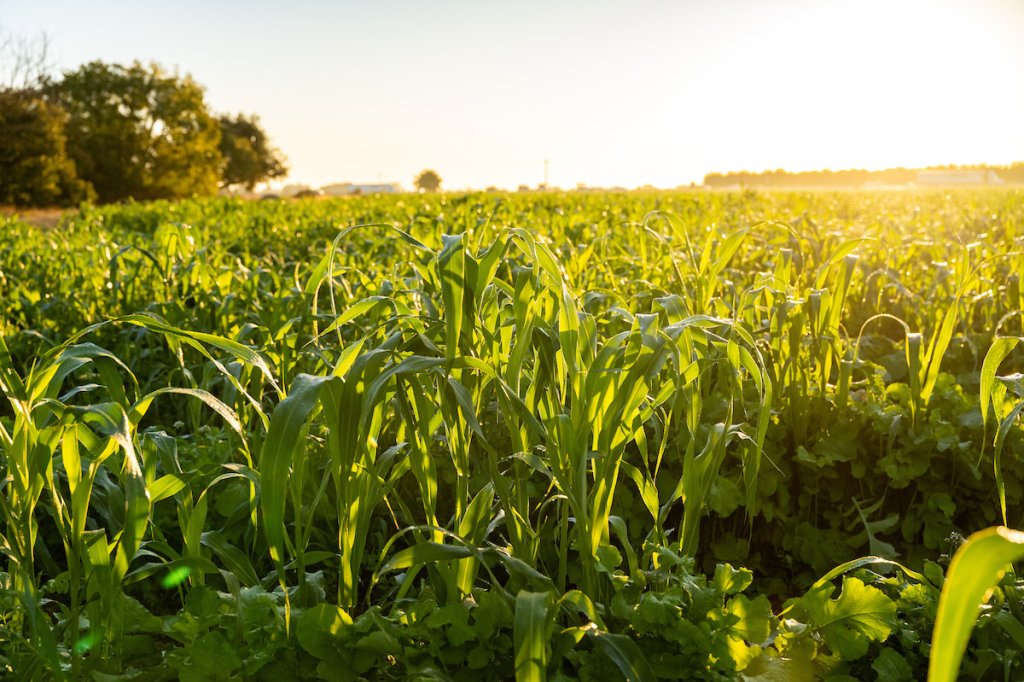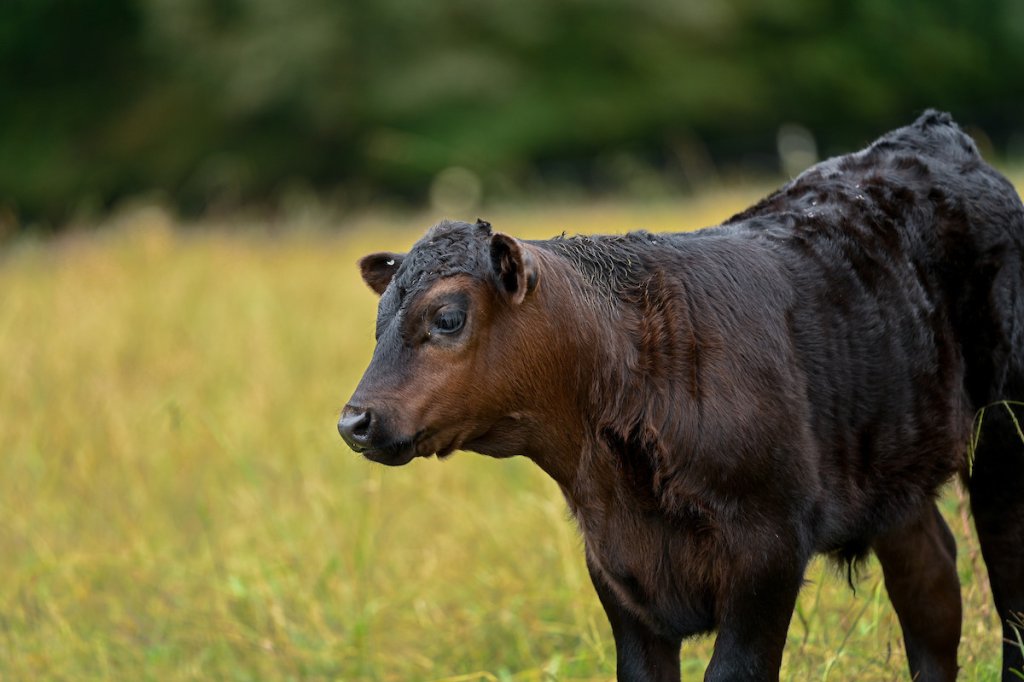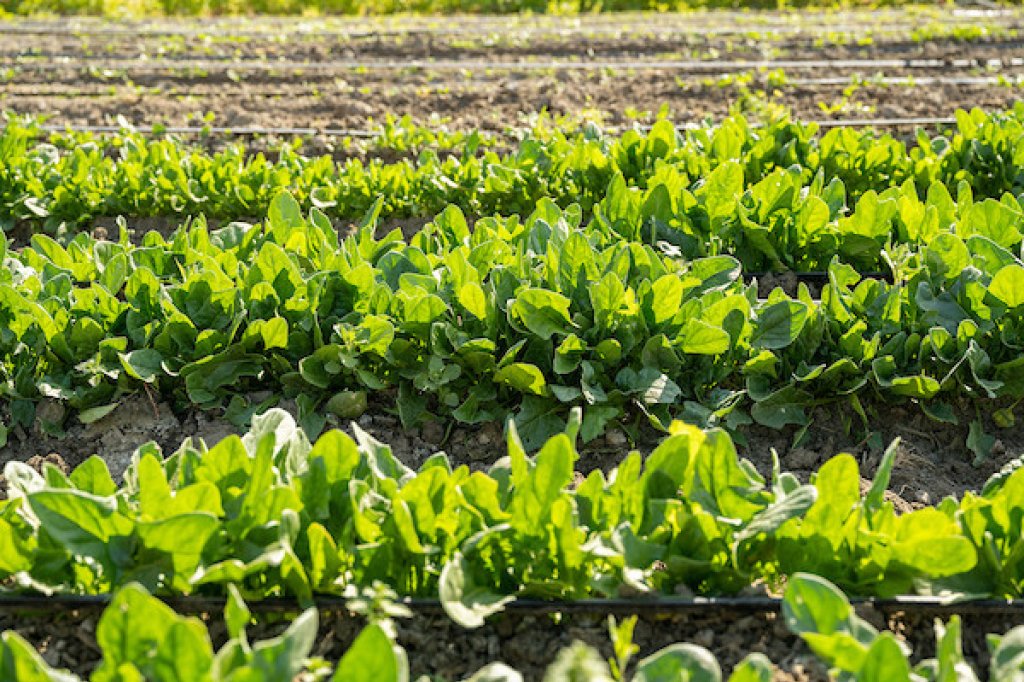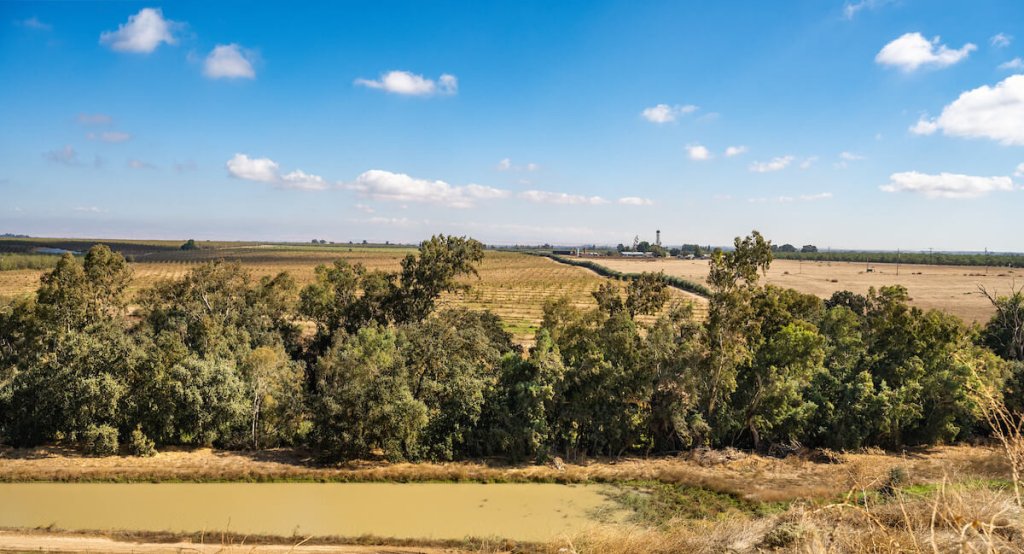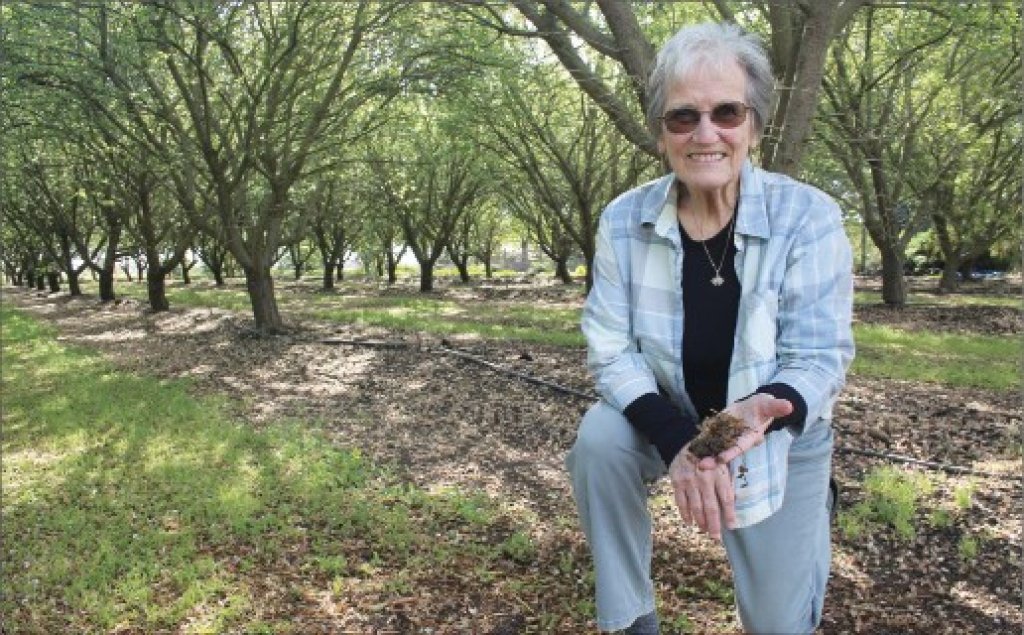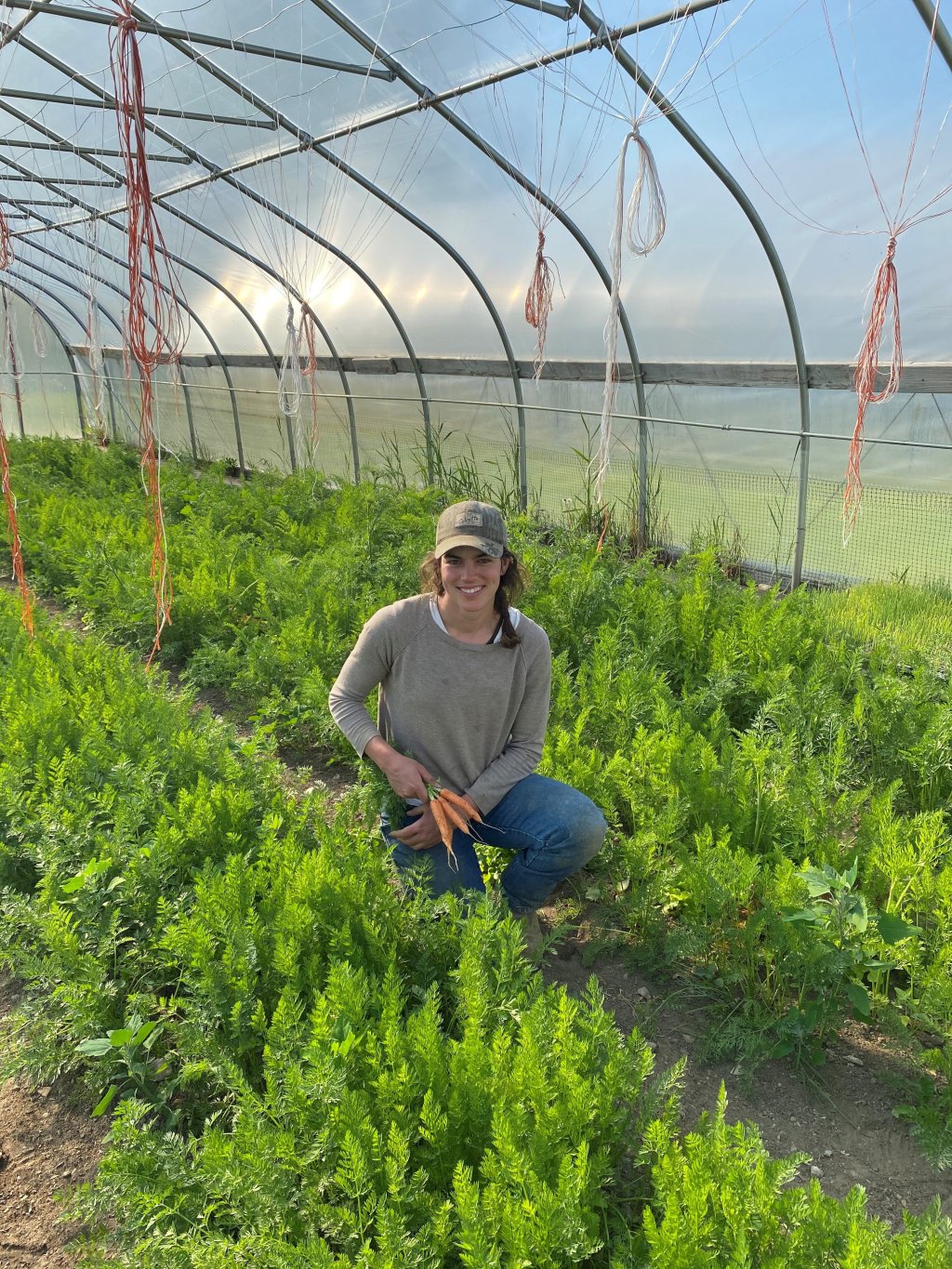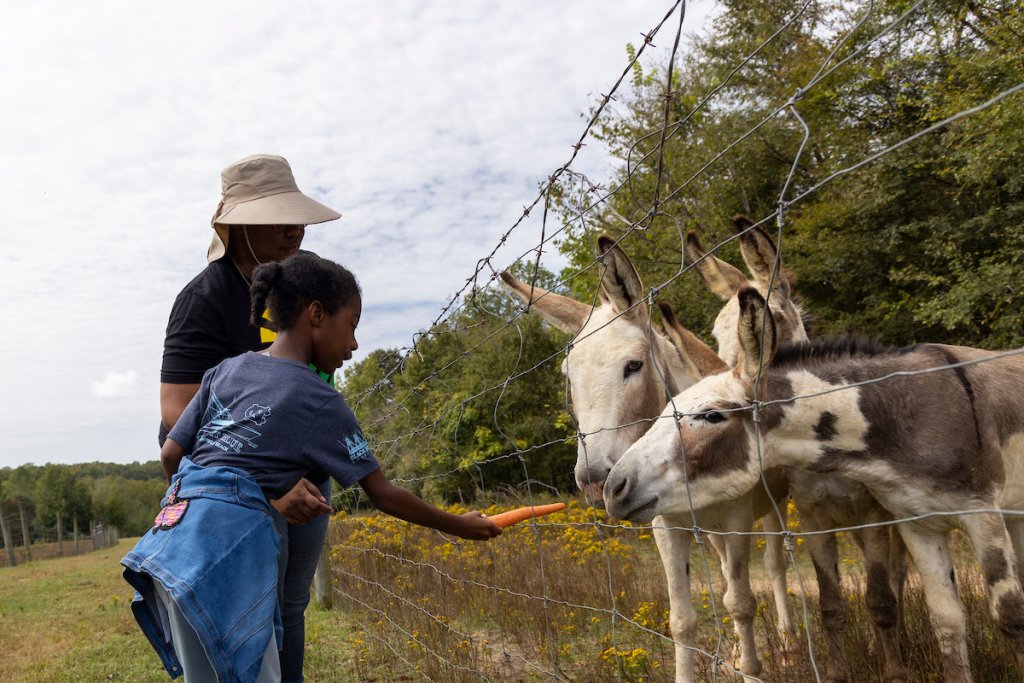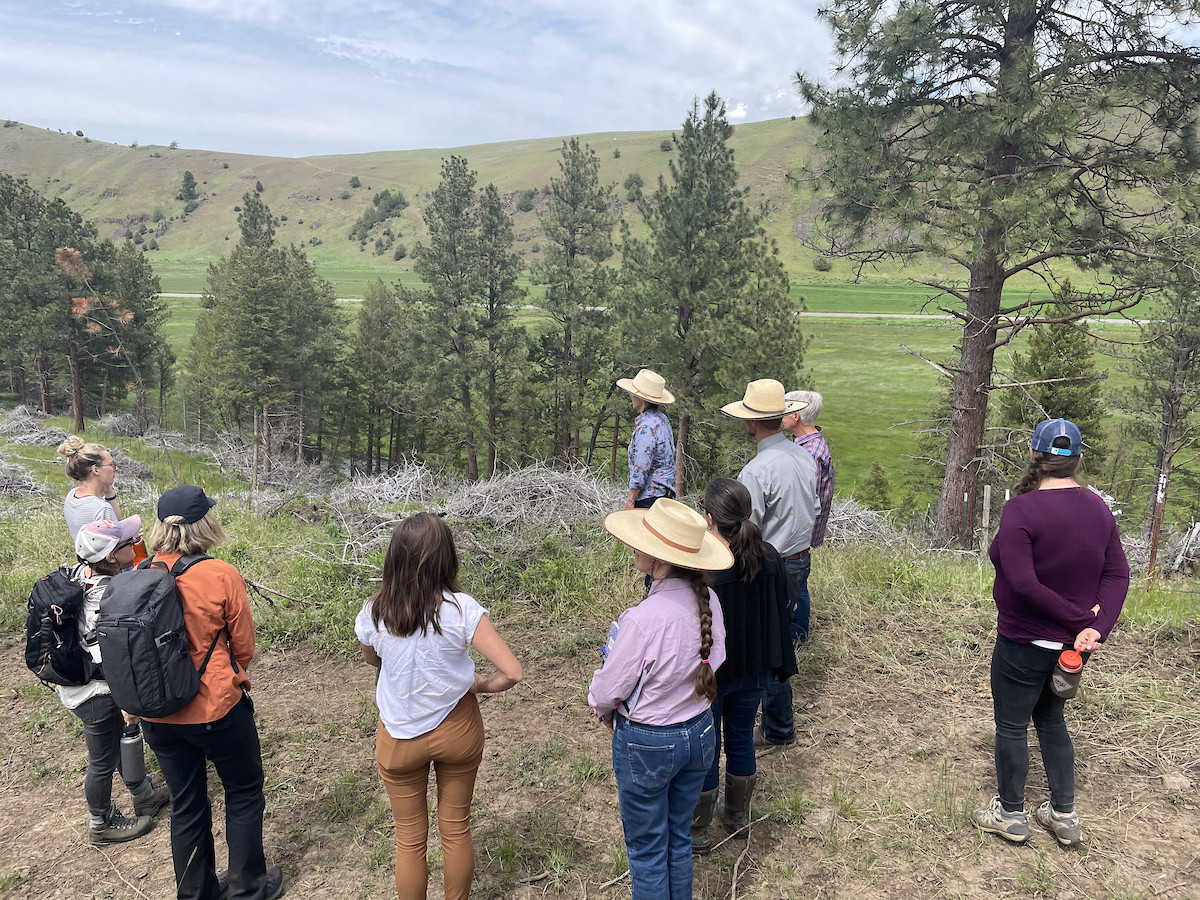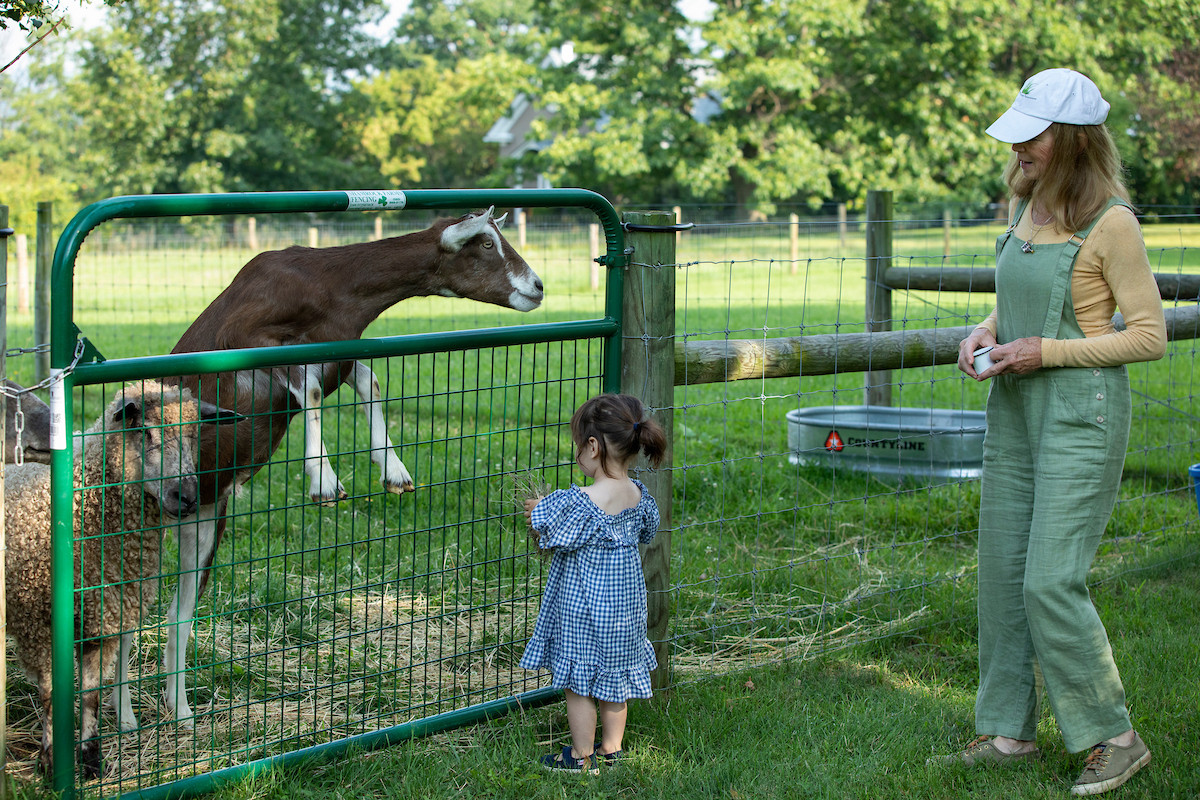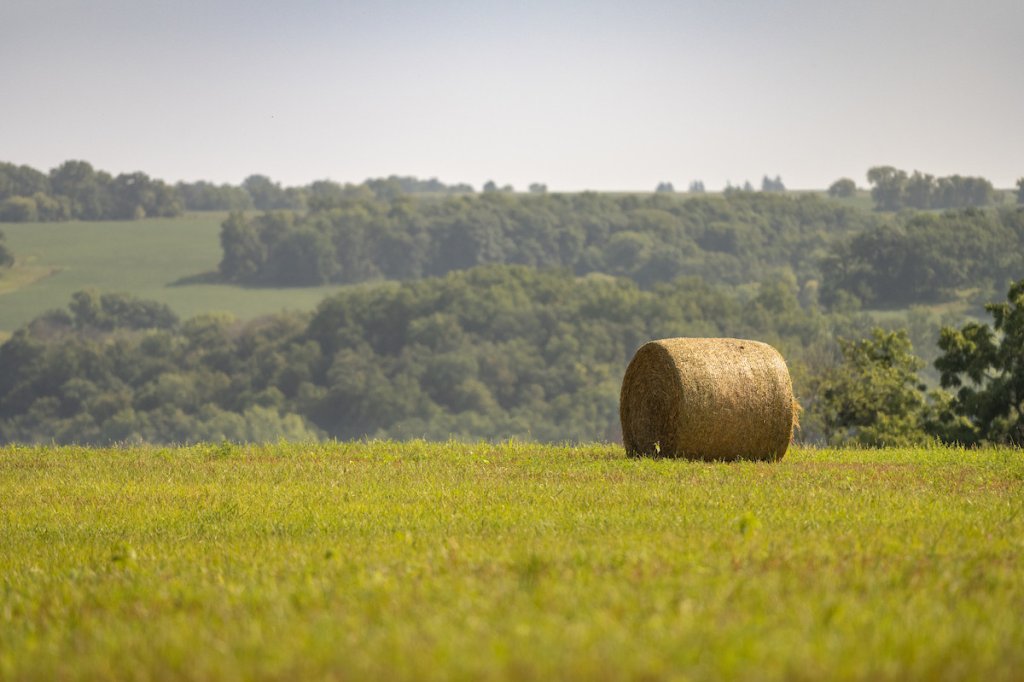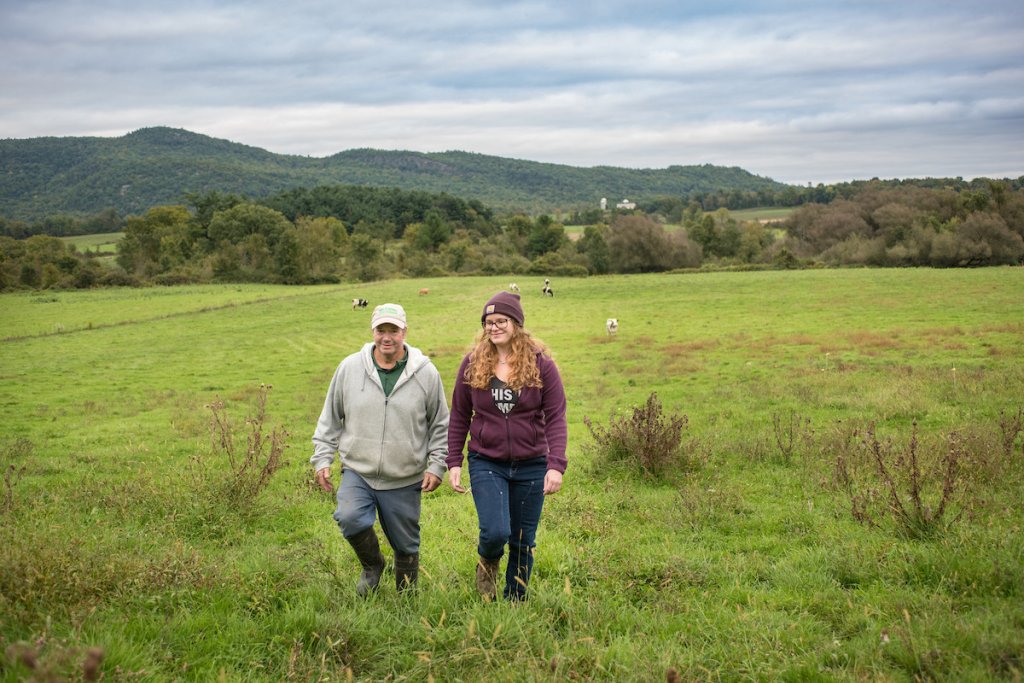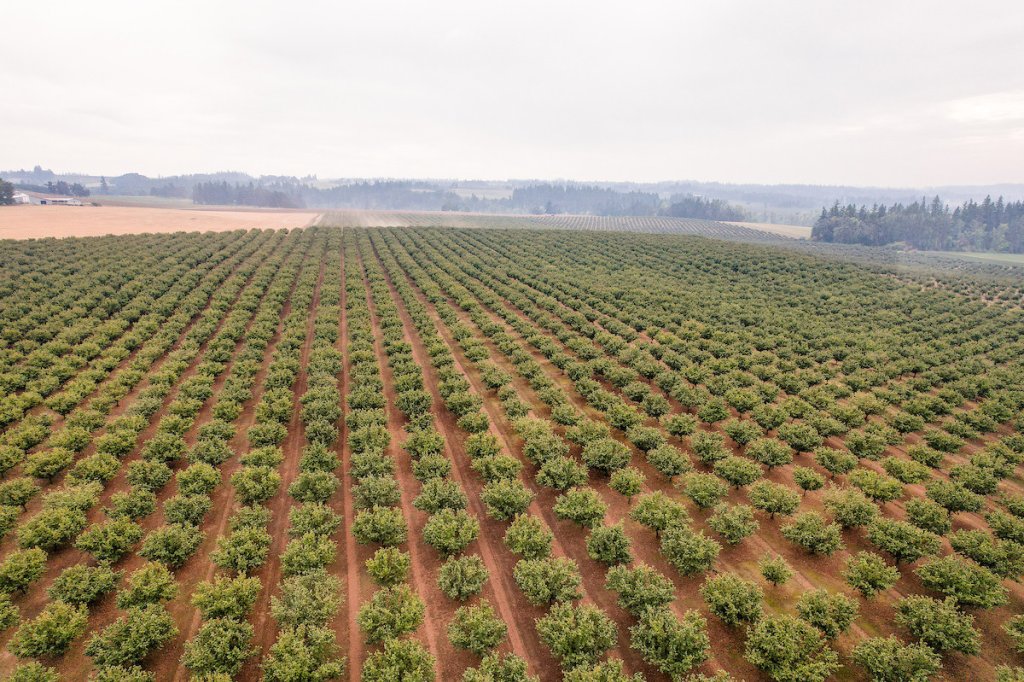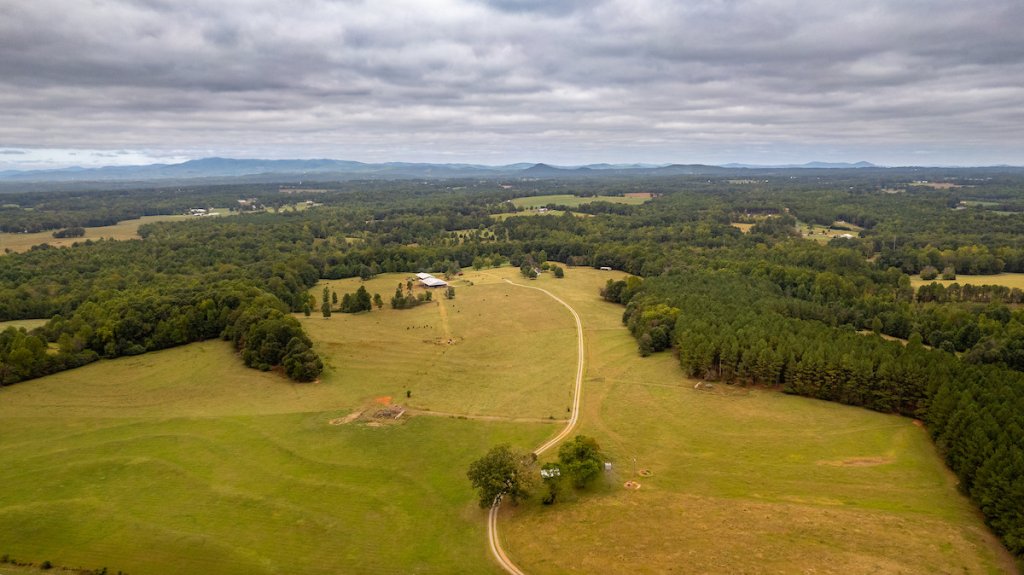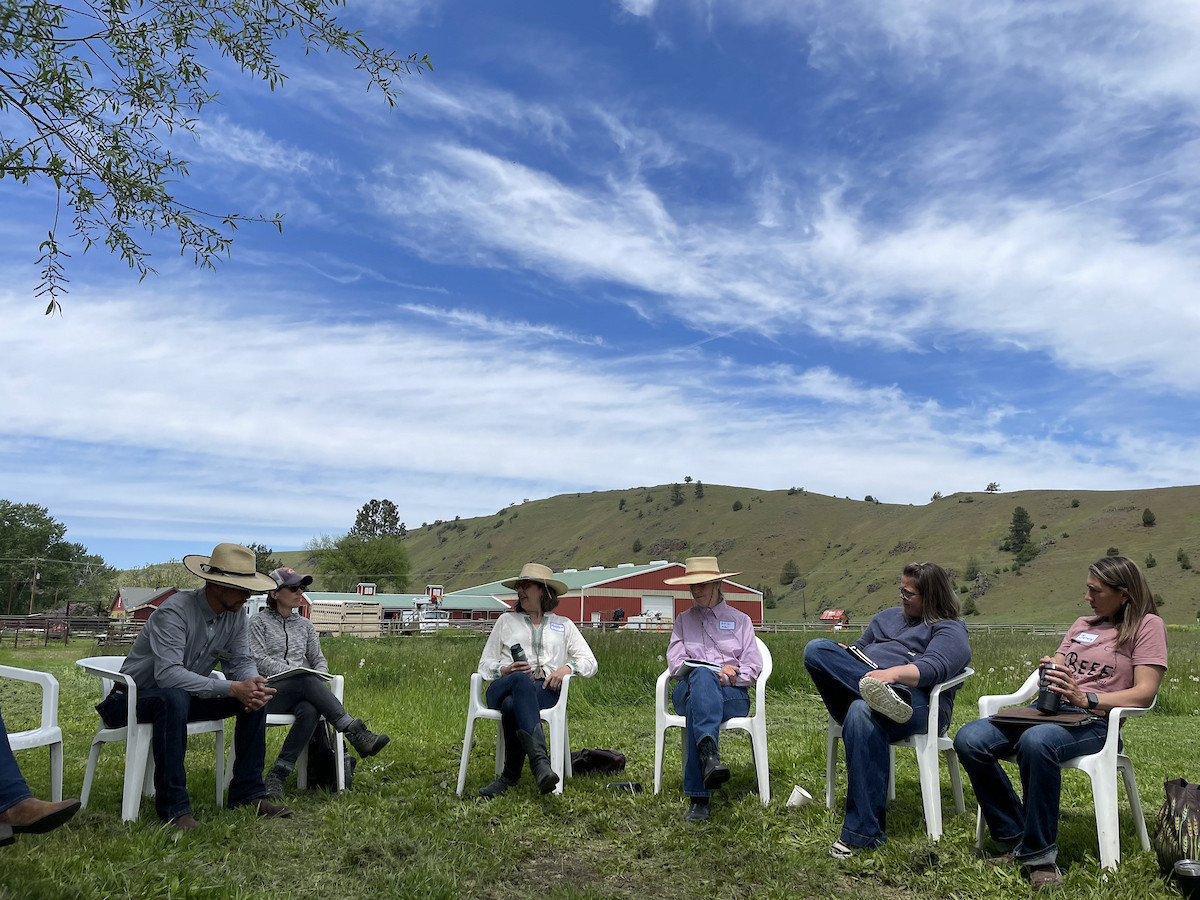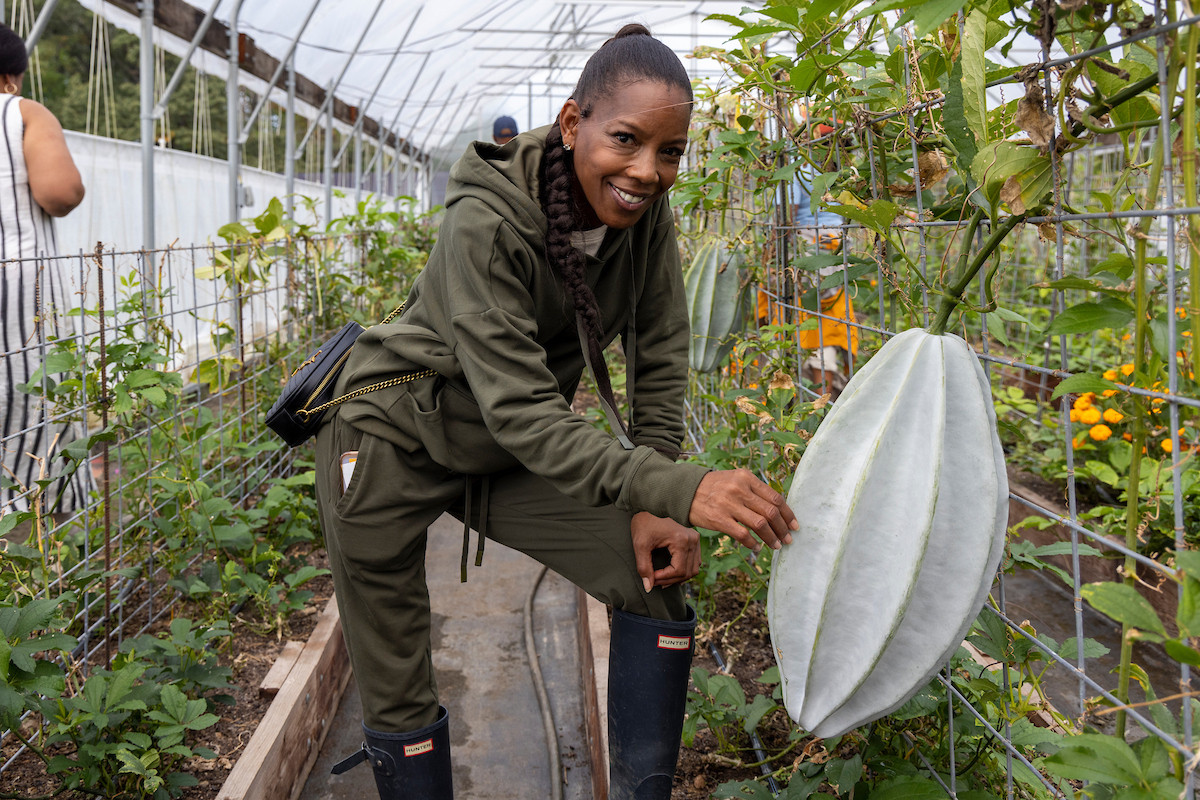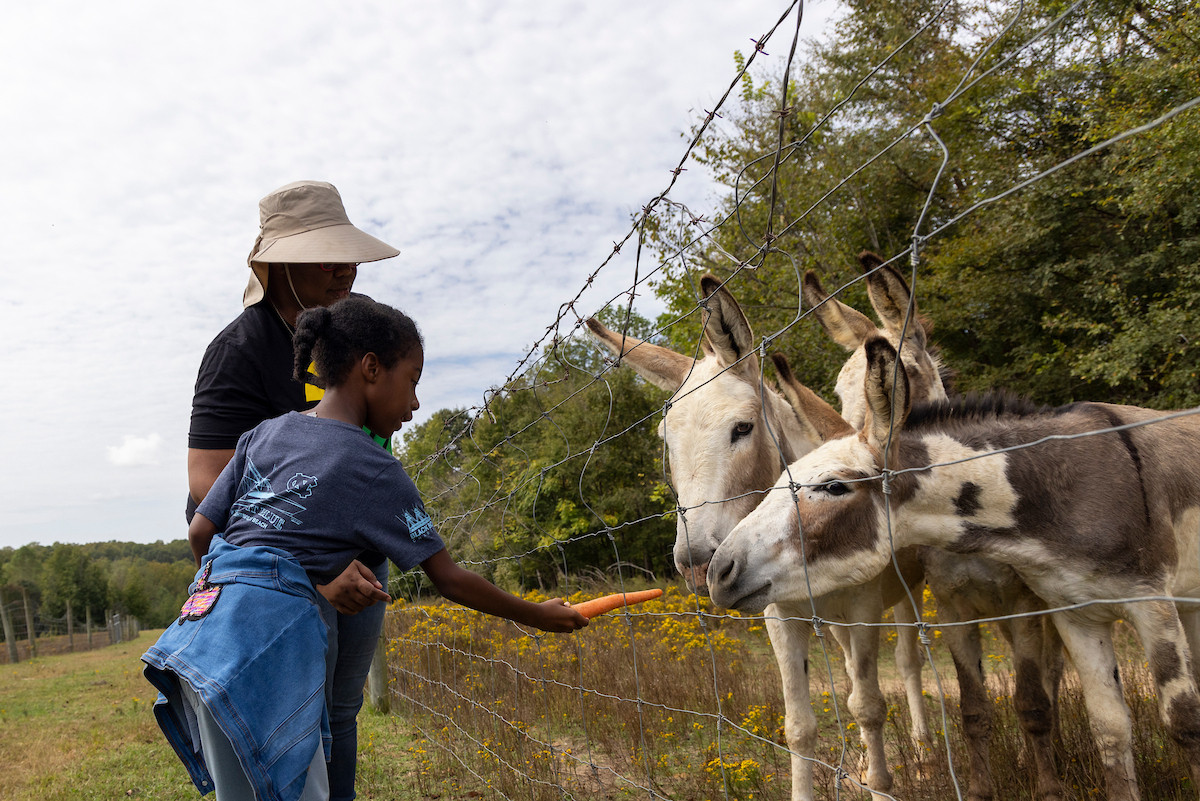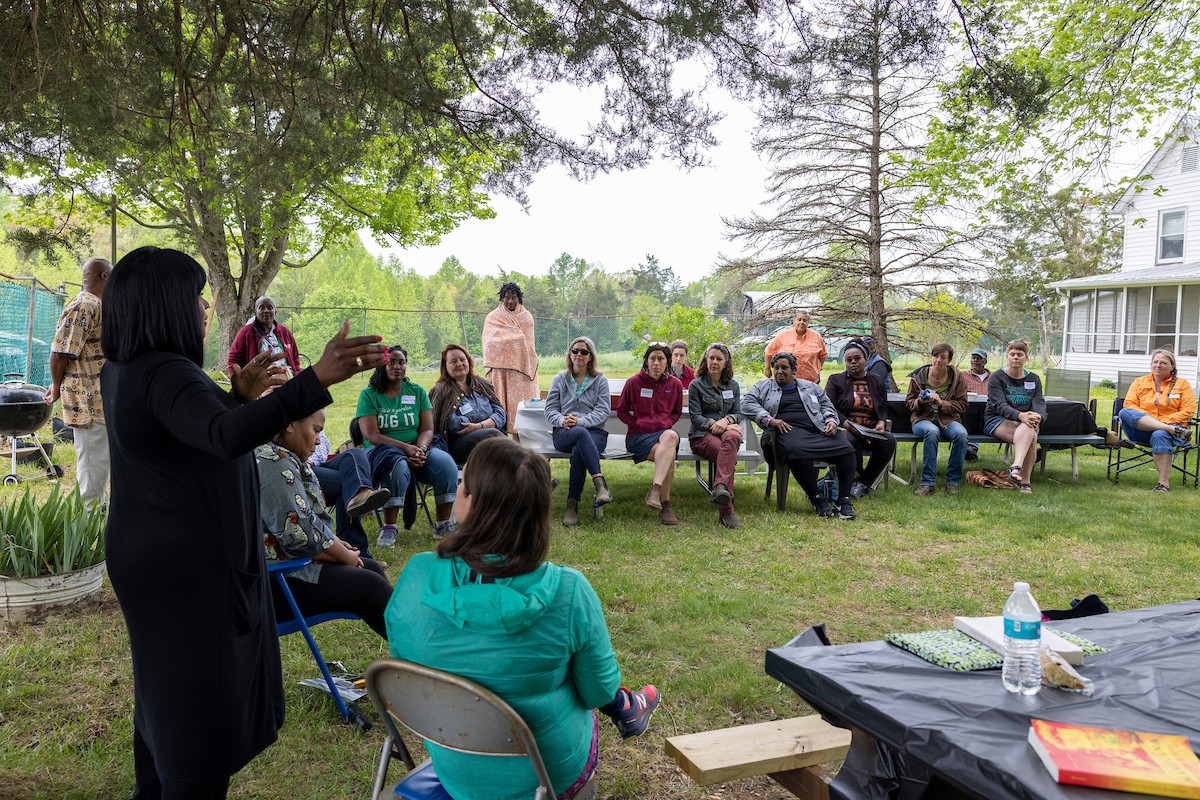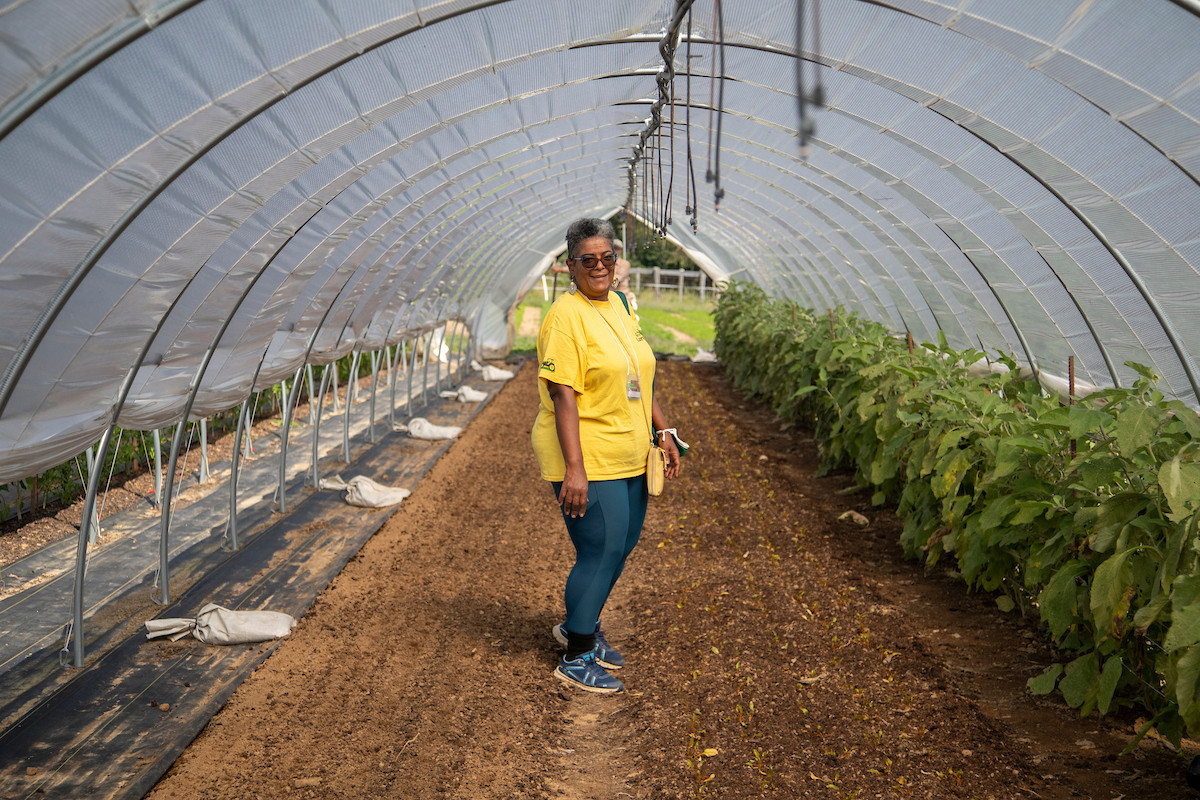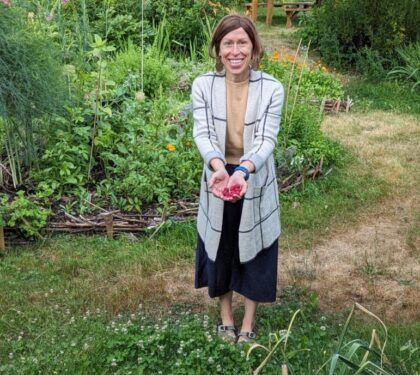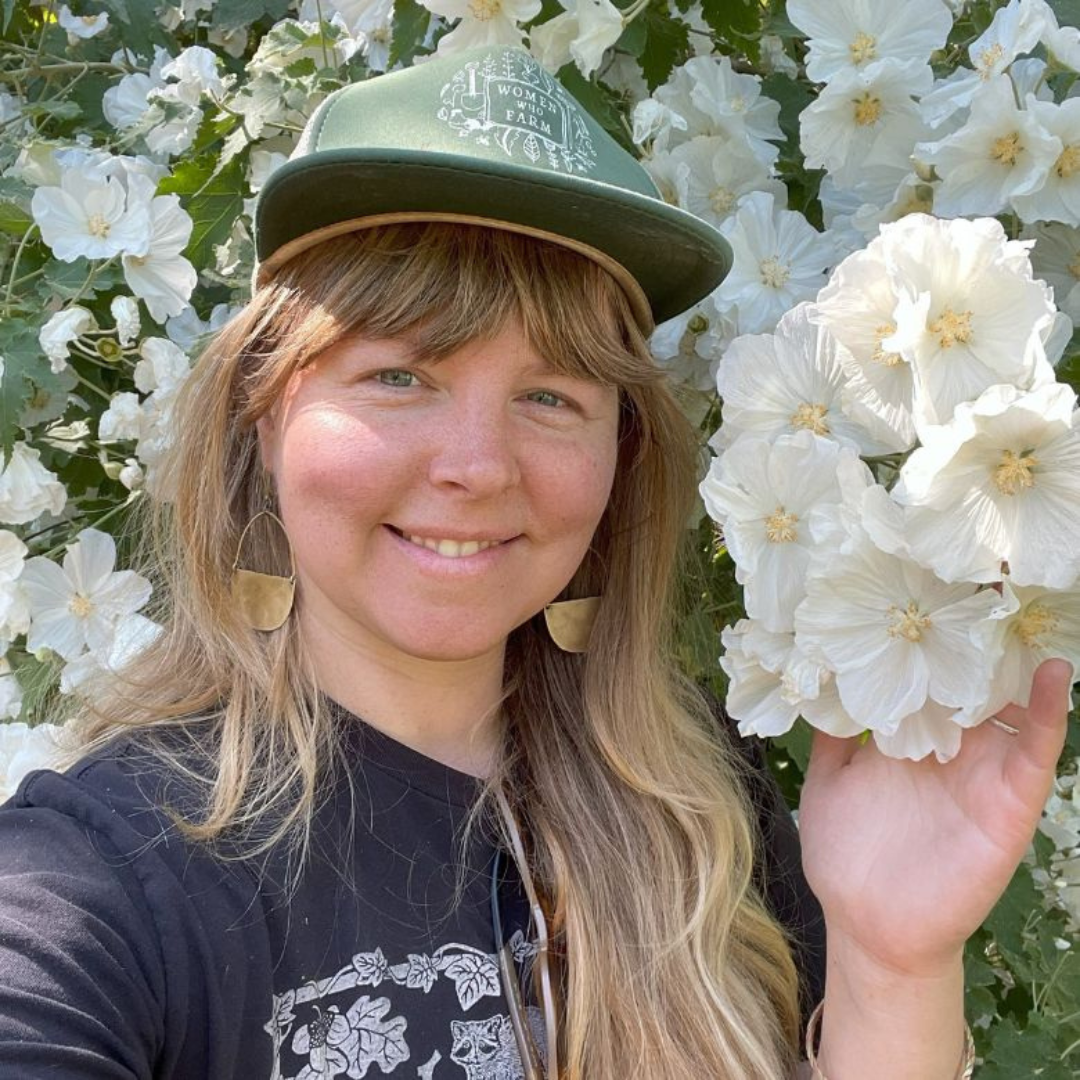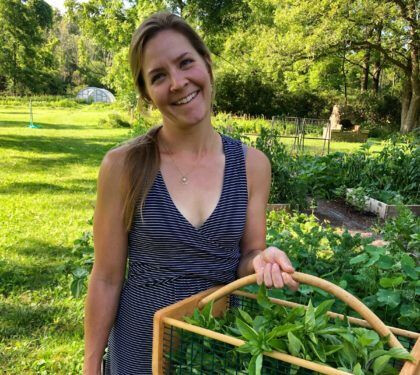Women for the Land
Empowering women in agriculture to protect the land and embrace conservation
The future of agriculture is increasingly female.
43% of U.S. farmland—nearly 388 million acres—is now farmed or co-farmed by women. Many of these women have a strong conservation ethic and are deeply committed to healthy farmland, farm families, and farm communities.
However, women face gender-related barriers to managing their land for long-term sustainability. While women are increasingly playing primary decision-making roles on farms and many are inclined towards conservation, they remain underrepresented in their utilization of USDA and state-based conservation programs. These programs can support farm viability and conservation practice success.
AFT firmly believes that women are ideal partners in farmland protection and conservation of our working lands and that we need to do more to reach them. Our Women for the Land Initiative helps play a role in closing these gaps.
In addition to gendered barriers, we recognize that women have intersecting identities related to their race, ethnicity, sexual orientation, and more and that each of these layers may impact their experiences on the landscape. The disparities that we work to address for women are interconnected to our work to confront racism and inequality as an initiative and as an organization. In our approach, we recognize the need to grapple with the historic and current structures that have enabled disparities along gender and racial lines to persist. We strive to embody this understanding in all that we do in the Women for the Land Initiative.




